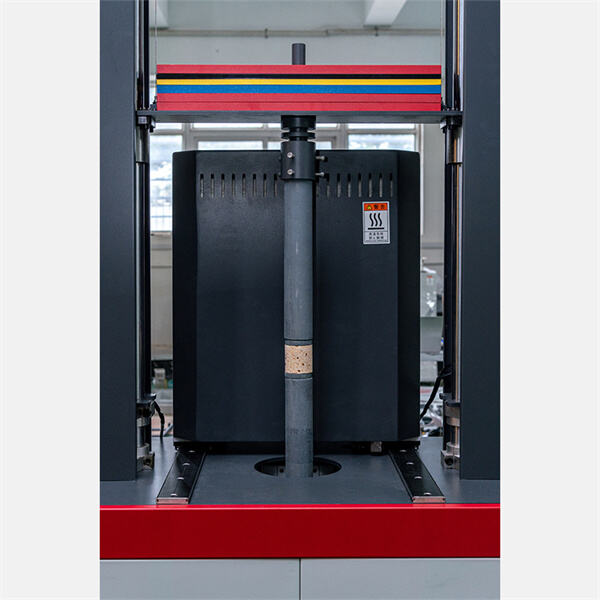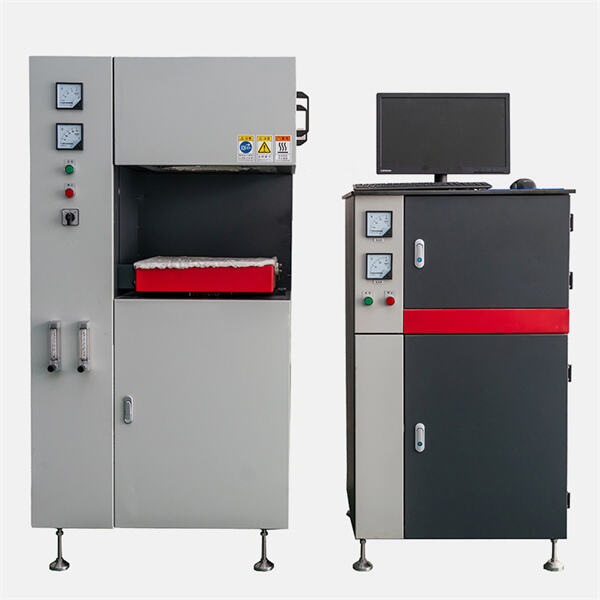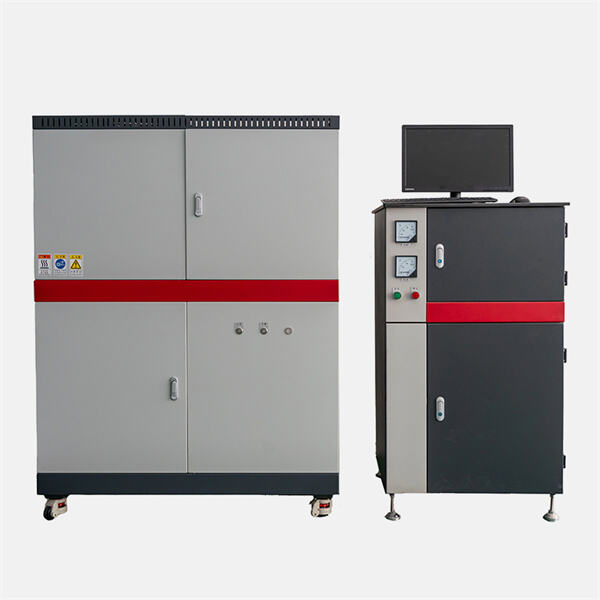Here at Nanyang JZJ, our engineers and scientists work hard to make and refine quality materials that are leveraged across many different trades and industries. We also perform a widely recognized and important test that has everything to do with what we call Dynamic elastic modulus test machine. It allows us to understand how materials behave under high pressures or fast loading rates.
What is Dynamic Tensile Testing : Dynamic tensile testing (DTT) [1, 2] is a complementary type of test in comparison to the traditional static tensile test.
Dynamic tensile testing is a unique process to which materials are subjected under much higher stress levels. The stress may be from rapid temperature, pressure or strain rates. For this test, we place a small piece of the material we want to study on a device called a tensile tester. The material is stretched slowly on this machine, taking note of the amount of force required to break it. We have adopted diverse types of Dynamic elastic modulus tester, appropriate for the materials and products that we develop in our research and development team.

Dynamic tensile testing is one of the most critical tests used for characterization of various materials as it gives a better idea about how some material would react in real-time when the said situation arises at an instant. This knowledge is essential as we create to pass through rapid temperature, pressure, and other environmental variations. We use dynamic tensile testing, for example, to assess the behaviour of jet engine materials under severe conditions. Testing these materials allows us to do optimizations and prove that they can be used safely in real-life applications.

Dynamic tensile tests find applications in several different industries. These are some of the industry sectors like aerospace, automotive, construction, electronics and medical. We perform dynamic tensile testing on materials used in airplane engines and bodies in the aerospace industry. We use this testing in automotive to test materials for critical engine & support parts of the car. Dynamic tensile testing Applied in construction to determine the strength of variety of materials used on buildings. For electronics, we test the limits of products such as smartphones and tablets. Dynamic tensile testing is important in medicine to check the strength of components that may be needed as implants or prosthetics.

This is critical in the testing of materials for applications where high-stress contact occurs, such as in the aerospace or automotive sectors. The material under consideration often undergoes very high temperature, pressure and strain rate. If we miscalibrated these materials, they could shatter under strain, and that'd generally be a kind of catastrophic. Dynamic tensile testing provides the mechanical properties of these materials and ensures they are strong enough, safe for their applications, and able to perform even under high-stress conditions.
Our dynamic tensile testing products are due to the fact that we do not just have skilled application engineers and design engineers, but also designers who are attentive to the smallest details and operational. With rich high-temperature testing experience we can supply custom tests for specific projects. We provide our customers with high-temperature test technology, consultation and testing of samples; as well as an integrated and comprehensive laboratory solution.
The company's ongoing RD investments, technological advancement and the improvement of its product quality have resulted in successive ISO9001, CE and SGS certifications. The company also has an dynamic tensile testing National measurement instrument production license, which includes exclusive intellectual rights in the refractory sector along with more than 50 invention and utility patents.
dynamic tensile testing products are used widely in the metallurgy and ceramics industries, as well as building materials, chemical, machinery and other composite material industry. Through international transportation, major universities of the company along with national quality control agencies and research laboratories and refractory material and production units as well as steel units are shipped to regions and countries in Asia, Europe and Middle East. Transportation methods: We support sea transportation, air transportation, express delivery and rail transportation.
The most popular products of the company dynamic tensile testing medium and high-temperature heating furnaces including sample prep equipment high-temperature heating equipment furnace linings and computer control systems laboratory chemical reagents such as